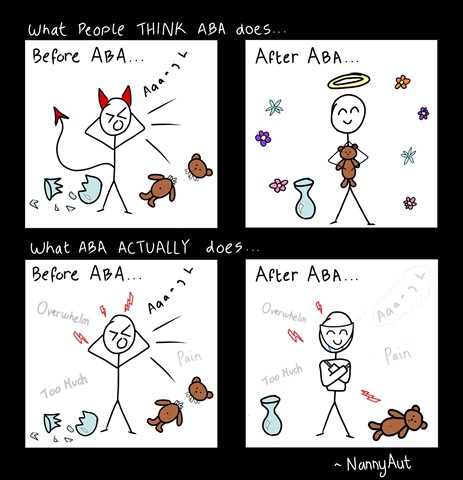Hi there,
First of all, let me introduce myself (anonymously of course). I am a married father of a 7 yr old boy who has had an Autism diagnosis within the last 6 months, after 2 yrs of hard work trying to understand what we were dealing with. He has a younger sibling of 4yrs. He has a lot of sensory issues, tics and high anxiety, and is a clever boy, not struggling to meet expected educational milestones. He is very much a loved boy, but as parents we are struggling to cope with some of his behaviour towards us, and others lately.
He loves us very much and is very loving towards us, often wanting cuddles and to be with us. However we're finding it difficult at times with his oppositional/defiant behaviour and emotional/angry outbursts. Everything seems to be so difficult for him to do. He refuses to do things we ask, and punitive measures do not work (such as timeout or taking toys away). He won't eat anything that isn't just as he wants it, and he's speaking to us very rudely, demanding things. Everything has to be on his terms and he gets cross quickly if things aren't going as he plans. He is also very shy outside of home and often won't talk to or acknowledge others, even if he knows them reasonably well. He is highly sensitive to being hurt, like if he gets a splinter he screams like he's had his finger chopped off, the overreactions are quite challenging.
Lately his angry outbursts have been more frequent and he is beginning to hit or lash out at us and his sibling. I've been doing research on the internet (using trusted sources) as to what we could be dealing with as a possible co-morbidity, and ODD has stood out a bit.
Has anyone else had similar experiences? Feel like we just need to know if this is common, and we're not alone! My wife is finding things very upsetting and is struggling with this emotionally, often in tears when he acts out in public.
Also, if anyone can point us in the direction of any help with regards managing this behaviour...we'd ideally want to speak with someone who can tell us what to expect and how we can best manage this so it doesn't develop further.
Many thanks for reading.




